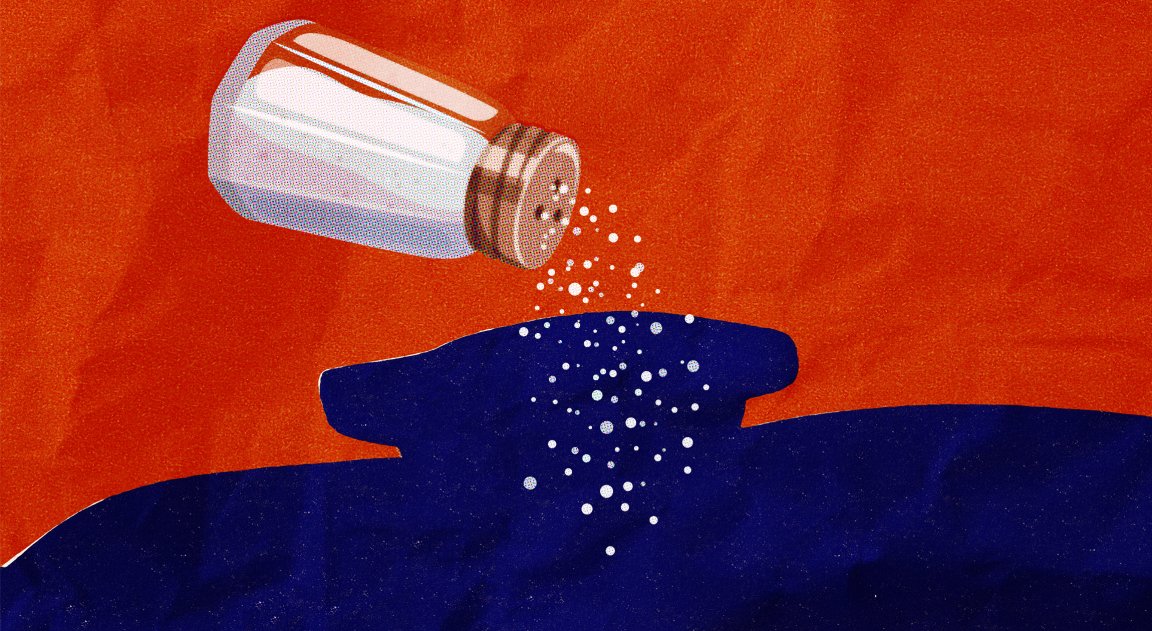
First, an explosion. Then, the sound cuts out. Dazed survivors look on as chaos silently unfolds all around them.
It’s a common trope in movies, but, yes, people do go deaf after a sudden loud noise. It’s even got a real medical name: noise-induced hearing loss (NIHL), and it affects roughly 15 percent of Americans. NIHL can be either temporary or permanent depending on how long a person heard it and how loud it was, and we currently have no way to reverse it.
Now, researchers have come up with a deceptively simple — though slightly cringe-inducing — treatment for NIHL: an injection of a salt or sugar solution directly into the eardrum.
In a study published last week in the journal PNAS, researchers from the University of Southern California’s (USC’s) Keck School of Medicine set out to figure out exactly what caused NIHL. They built a tool that would let them take detailed pictures of the cochlea, the part of the inner ear in which sound transforms into something your brain can interpret.
Rodent lovers, consider yourselves warned about this next bit: the researchers exposed the mice to super loud noises, comparable to the roadside bomb a soldier might come in contact with during combat, and took pictures of their cochleas before and after.

The team’s images showed the loud noise caused two things to happen in the inner ear.
First, they saw a number of the tiny hairs inside the cochlea had died off. Second, they saw a buildup of liquid containing high levels of potassium. You know how your ears feel “full” when you leave a noisy concert? It’s because of that buildup.
Based on their research, the team concluded that this buildup kills neurons, which, along with those hair cells, play an important role in hearing. While the death of the hair cells was immediate and irreversible following a loud noise, the death of neurons took longer. That meant the researchers had a small window to intervene and prevent it.
The researchers suspected that, because salt or sugar could offset the effects of the potassium, a solution that contained either might be able to counteract the fluid’s neuron-killing effects. And they were right — the researchers discovered they could reduce the fluid build up and prevent 45 to 64 percent of neuron loss by injecting a solution containing either salt or sugar through the eardrum into the middle ear three hours after the noisy event.
The researchers next hope to test their treatment in human trials. John Oghalai, the study’s corresponding author, said in a press release that he thinks it could be useful on the battlefield and beyond.
People in combat could carry tiny vials of the solution to inject into the eardrums of their fellow soldiers (or, for the particularly hardcore ones, into their own) following an explosion. The NIHL treatment could even help with hearing loss not caused by a loud noise but still linked to fluid buildup, such as Meniere’s disease, Oghalai said.
Ultimately, the contents of your pantry could help save the hearing of millions — as long as they can stomach a shot right into the eardrum.